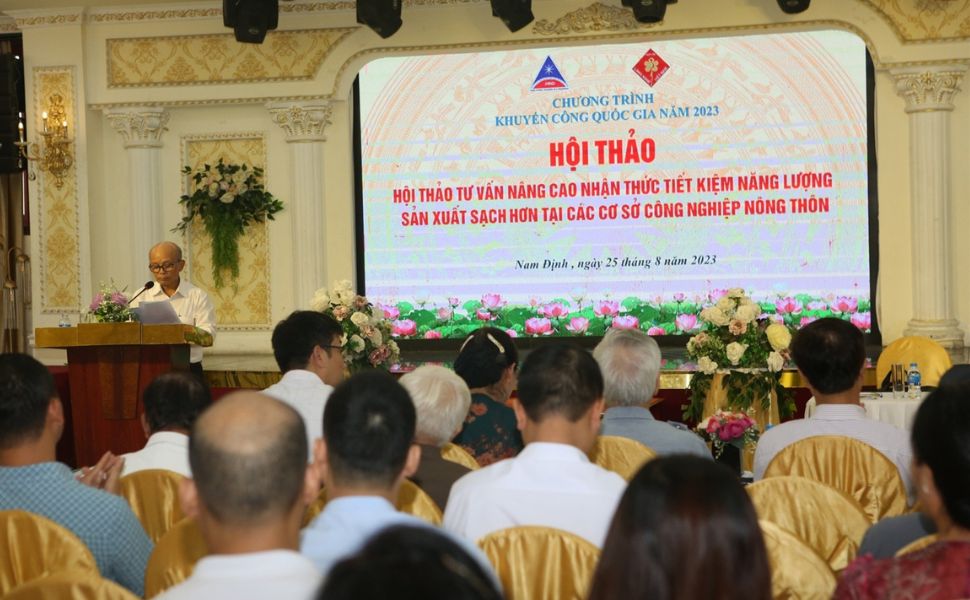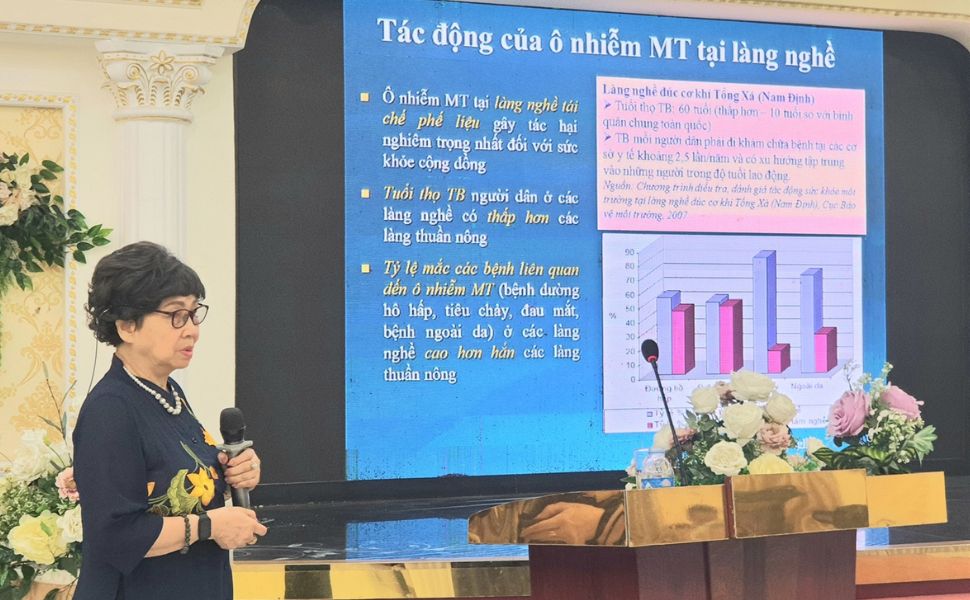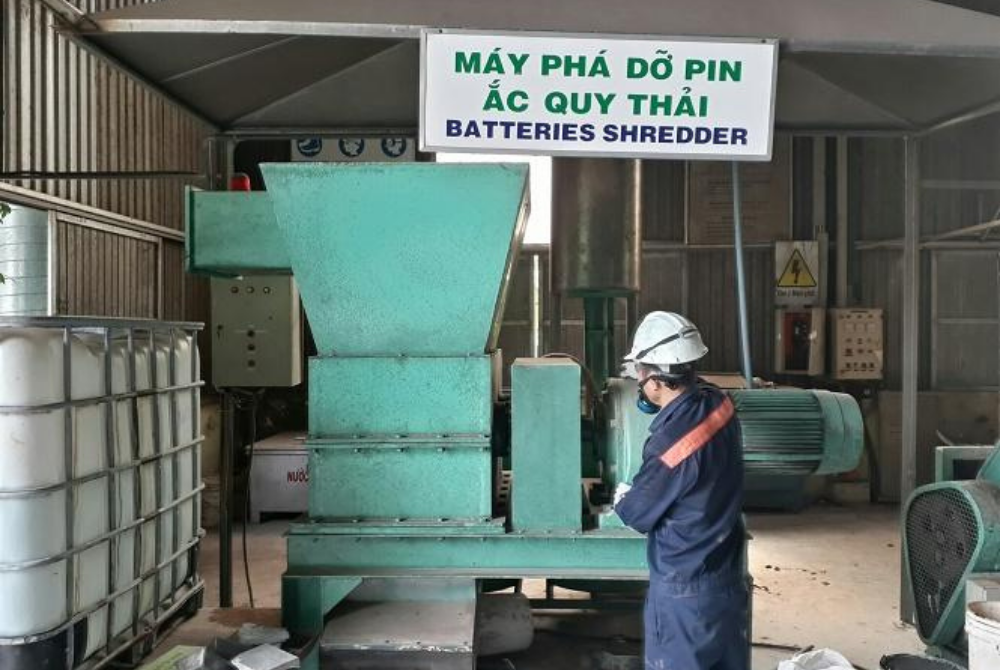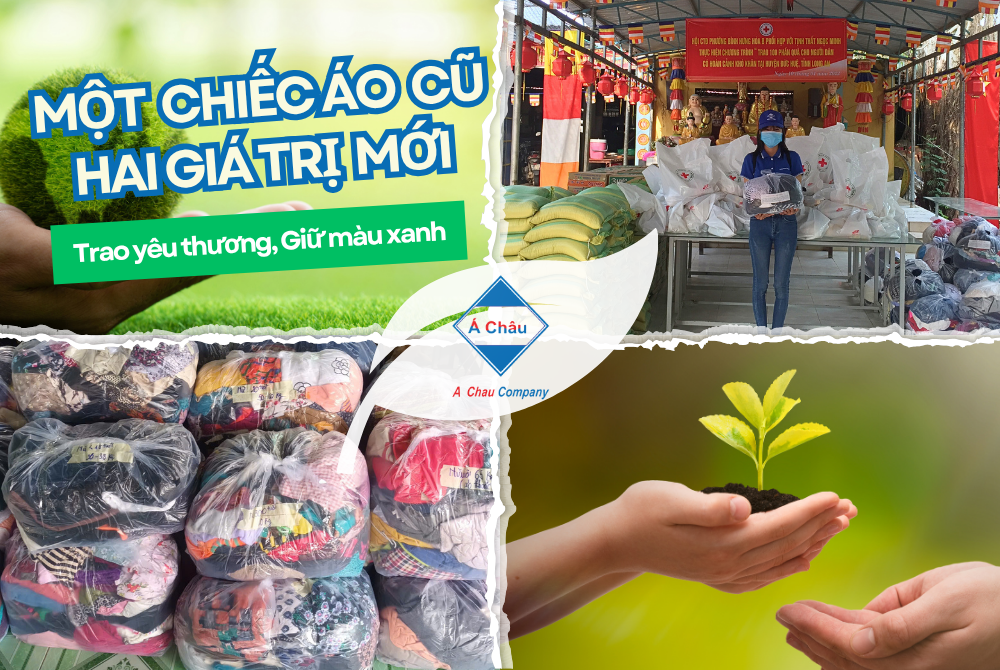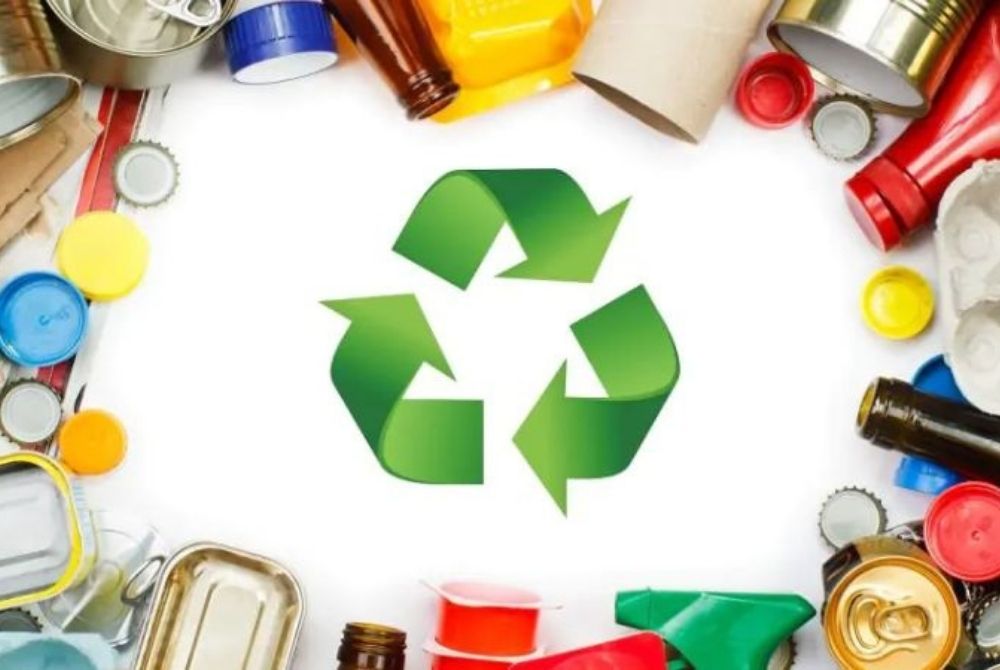Reduce pollution in craft villages through cleaner production.
Applying cleaner production in craft villages will increase comparative advantage, lower product costs, and improve product competitiveness in the market.
Master Nguyen Nhu Chinh mentioned at the Conference to raise awareness of energy-saving cleaner production in rural industrial facilities held on the morning of August 25 in Nam Dinh, organized by the local Department of Industry and Trade in collaboration with the Vietnamese Crafts Villages Association and the Department of Industry and Trade of Nam Dinh Province, that this is also an important direction, to achieve the goals of the Program for the Presidency.
Overview of the Conference
According to Master. Nguyen Nhu Chinh, Vice President of the Vietnamese Crafts Villages Association, states that energy saving, cleaner production, and the use of alternative energy is an approach that reduces environmental pollution at the source through the use of efficient materials while assisting the production facilities in the crafts villages to reduce production costs, lower product prices, and ensure the crafts village's sustainable development.
Implementing cleaner production in craft villages will increase comparative advantages, lower product prices, improve market competitiveness, and significantly limit the increase in pollution caused by production activities, thereby reducing waste generation in craft villages, Master Nguyen Nhu Chinh emphasized.
Historically, rural industrial facilities in craft villages have made critical contributions to the country's socioeconomic development, such as attracting resources within the population, creating abundant and diverse sources of products to serve the needs of society and exports, addressing labor, raising incomes and improving the lives of rural people; preserving and promoting regional and regional cultural identities; and making a vital contribution to the impoverished.
However, according to Mr. Lai Duc Tuan, Department of Energy Saving and Sustainable Development, Ministry of Industry and Trade, in the current context in Vietnam, the promotion of energy-saving and efficient solutions is a highly economical solution, which should be given priority and accelerated implementation in all sectors, professions, including rural industrial production facilities. Among them, the economical and efficient use of energy is the key to the problem of sustainable development of rural industrial facilities in Vietnamese craft villages.
Industrial production facilities in villages can efficiently use energy resources in production, reduce energy consumption per unit of product, improve product quality, shift the market to a higher quality product segment, increase market competitiveness, and reduce harmful environmental impacts by adopting technologies and advanced equipment with high energy efficiency and environmental friendliness. This method is the long-term development strategy for Vietnam's industrial production facilities.
At the Conference, the participating delegates presented and discussed the relevant contents towards cleaner production and energy saving in production practice. According to the delegates, this work brings economic efficiency. It enhances the brand value of the enterprise's product in the domestic and international markets, contributing significantly to the economic development of rural industrial facilities.
Professor Dang Kim Chi - Vice President of the Vietnam Society for the Protection of Nature and the Environment, speaks at the seminar.
Professor Dang Kim Chi pointed out that the village environment can only be truly improved when the village community is aware of the need and with its position of responsibility, whether it is the owner of the production facility, the local government managers or the c,hildren of residents living in the village have specific, positive actions, contributing step by step to prevent and reduce waste in the production process, applying techniques; cleaner production, bringing Vietnamese villages to sustainable development.
On the same point, Ms. Ha Thi Vinh, Vice President of the Vietnam Handicraft Village Association and president of the Hanoi Fine Arts and Handicrafts Village Association, added that the change of the Bat Trang pottery village, Hanoi, from a village of smoke and dust to a green production village is environmentally friendly through a drastic phase of transformation of pottery kiln equipment from ancient to modern.
Ms. Vinh suggested that in the future, it is possible to encourage the use of solar power for drying, serving the furnaces for products with temperatures less than 1,200 degrees Celsius is also a good condition for the village to contribute to the replacement of liquefied gas energy, lowering production costs and improving the village environment.
As can be seen, employing energy savings and efficiency to fulfill the energy demands of production is one of the most advantageous strategies to assist businesses in dealing with price increases, decreasing expenses, reducing pollution, and struggling with climate change that constitute the long-term industrial growth solution for rural Vietnamese towns.
Source: Ministry of Industry and Trade of the socialist republic of Vietnam.



